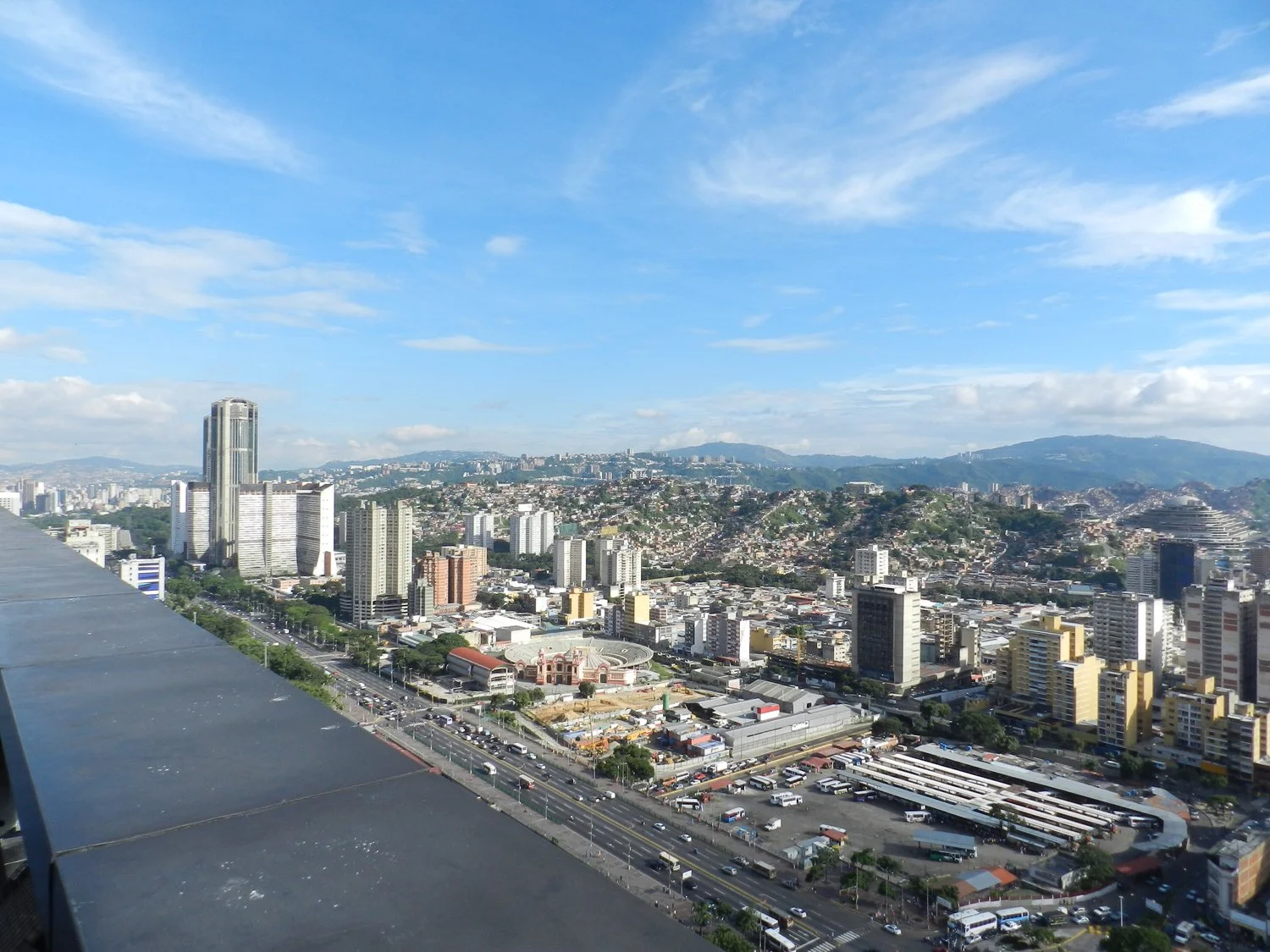By Rodrigo Acuña
The Drum Opinion (Australian Broadcasting Corporation)
30 September 2008
Despite the lack of in-depth coverage by the international media, the recent political crisis in Bolivia has made two things clear.
For a start, it seems the government of Evo Morales still has the backing of the majority of the population and, until now, most of the rank and file of the armed forces.
Secondly, the crisis has allowed South American countries to rally behind Morales through the new Union of South American Nations (UNASUR) in contrast to the U.S. led Organisation of American States (OAS) - traditionally the forum to discuss such matters.
Having won the presidency in 2005 by 54% - the largest electoral victory in the country's history - Morales' Movement for Socialism (MAS) took office after a backlash against neoliberal economics and the mobilisation of Bolivia's indigenous peoples who represent over 60% of the population.
While some social movements have been far from happy at the pace of change, the MAS administration has taken many measures to address poverty.
Renationalising the hydrocarbons sector, the government from 2004-2007 increased its revenue by $US1.3 billion dollars - approximately 10% of GDP - according to the Washington based Center for Economic and Policy Research.
In 2007, six new national hospitals were built as MAS - with Venezuelan funds and through the aid of Cuban doctors and teachers - has been aiming to establish basic health care and education for Bolivians.
Placing his administration to a recall referendum last August, Morales triumphed by 67.4% of the vote making inroads by up to 20% into opposition territory such as the resource-rich eastern departments of Beni, Pando and Tarija.
None of these trends have curtailed the actions of the local opposition and Washington from destabilising the Morales government.
Soon after their defeat in the referendum, the opposition, headed by right-wing separatists and their paramilitary groups in Santa Cruz, engaged in violent demonstrations and takeovers of government buildings.
Scenes of opposition leaders, often of European decent, insulting Morales as that "bloody Indian" trade unionist became all too common as their followers beat up MAS supporters (including unarmed women) and burnt down government offices.
In El Porvenir, Pando, some 30 peasants were killed while up to as many as 40 persons have disappeared in what one analyst called the worst massacre "since right-wing President Gonzalo Sánchez de Lozada presided over the slaughter of more than 70 unarmed protestors in October 2003."
On September 11, President Morales expelled U.S. ambassador Philip Goldberg on the grounds that his constant meetings with the local opposition were unacceptable. Based on the available evidence, Morales could have acted against Goldberg much earlier.
In the February issue of the U.S. magazine the Progressive, Benjamin Dangl - an expert on Bolivian politics - wrote:
"Declassified documents and interviews on the ground in Bolivia prove that the Bush Administration is using U.S. taxpayers' money to undermine the Morales government and co-opt the country's dynamic social movements - just as it has tried to do recently in Venezuela and traditionally throughout Latin America."
Dangl notes that one declassified communication, from the U.S. embassy in Bolivia to Washington in July 2002, included the following message:
"A planned USAID political party reform project aims at implementing an existing Bolivian law that would... over the long run, help build moderate, pro-democracy political parties that can serve as a counterweight to the radical MAS or its successors."
According to the document, through the Office of Transition Initiatives the U.S. Agency for International Development has funnelled, "116 grants for $US4,451,249 to help departmental governments operate more strategically".
Unlike the Nixon administration's involvement in the overthrow of the Allende government in Chile in 1973, Latin American countries this time have not stood by and let developments unfold.
Proposed in 2007 by the Venezuelan government, UNASUR aims to be the South American equivalent of the European Union. Despite Hugo Chávez's less than diplomatic expulsion of the U.S. ambassador in his own country in support of La Paz, almost every government in the region chose to meet under UNASUR while practically ignoring the OAS.
This was UNASUR's first meeting to resolve a regional crisis and Washington was not invited.
While the Bush administration was quick to put Bolivia and Venezuela on its list of countries who are failing to meet their responsibilities in fighting narcotics, and surely the Morales government will face further turmoil, for now, it looks like Chávez and his regional allies have scored another goal against the United States.
